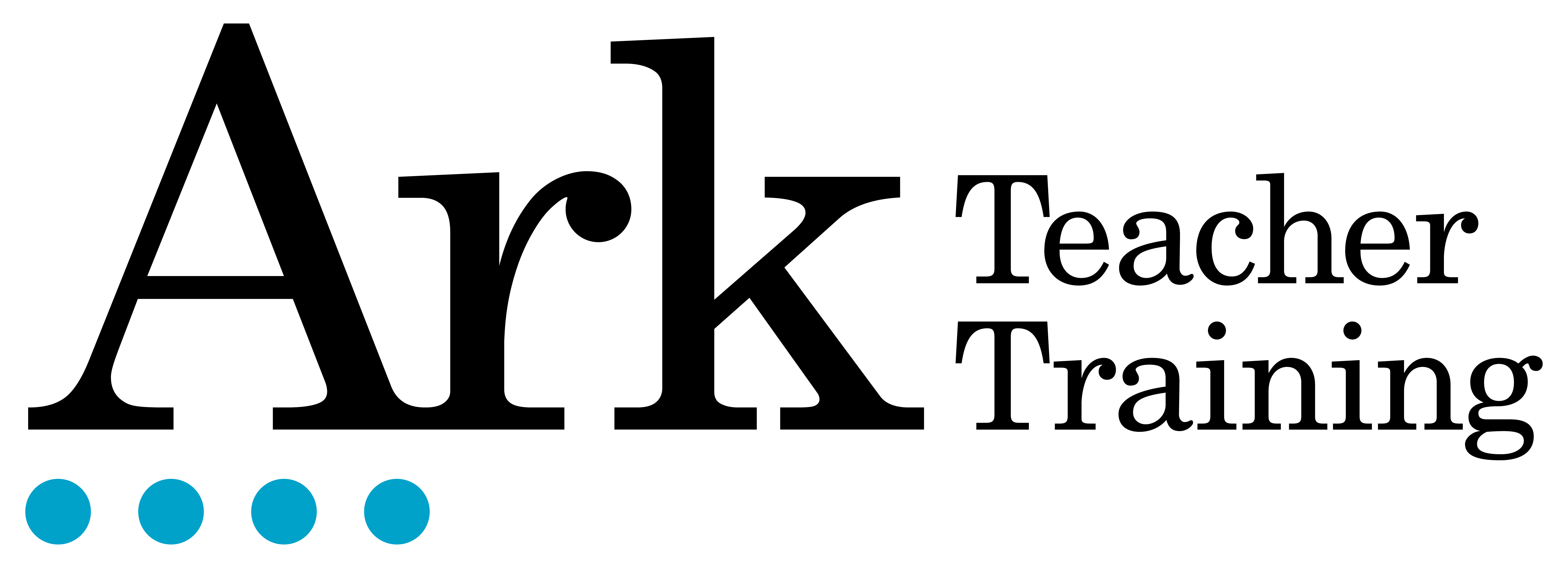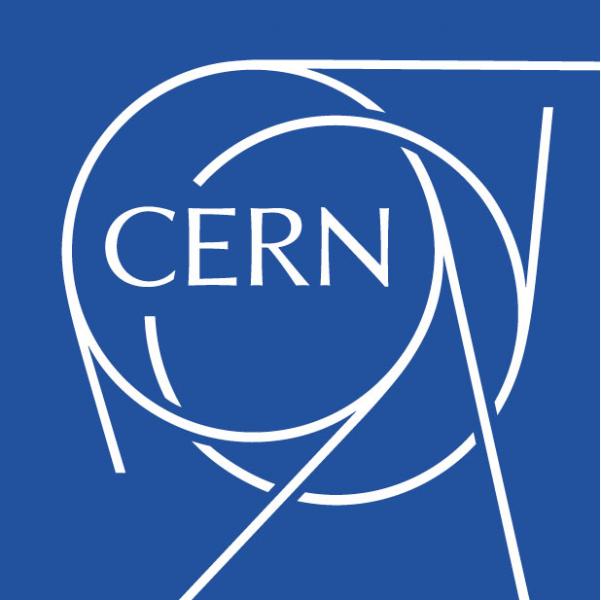Real-Time Control System Software Engineer (TE-EPC-CCS-2020-131-LD)
CERN has a vacancy for a Real-Time Control System Software Engineer to work in its Electrical Power Converter group
- Closing date: 11 Jan 2021
- Switzerland | CERN
- Date posted: 17 Dec 2020
- Job type: Technicians/Engineering
- Disciplines: Engineering & instrumentation | Computational science & software engineering
Employer profiles

Cambridge Assessment International Education
Cambridge Assessment International Education deliver qualifications in more than 10,000 schools in more than 160 countries across the world
United Kingdom View profile
MBDA Missile Systems
The only integrated defence company to provide missiles and missile systems for each branch of the armed forces (air, sea, land). A multi-national group with more than 11,500 employees working together across France, Germany, Italy, Spain and the United Kingdom. A joint venture of the three European leaders in aerospace and defence: Airbus, BAE Systems and Leonardo
United Kingdom View profile
ARK Schools
Ark Teacher Training is part of Ark, an international education charity which aims to give every young person a great education and real choices in life. Ark Teacher Training exists to ensure all children, regardless of their background, have access to a high-quality education
United Kingdom View profile
Zurich Instruments
Zurich Instruments is a test and measurement company based in Zurich, Switzerland, with subsidiaries around the world. We develop, sell and support measurement instrumentation in key worldwide markets, either directly or with carefully selected partners. We are a steadily growing, independent and founder-led company
Switzerland View profile

